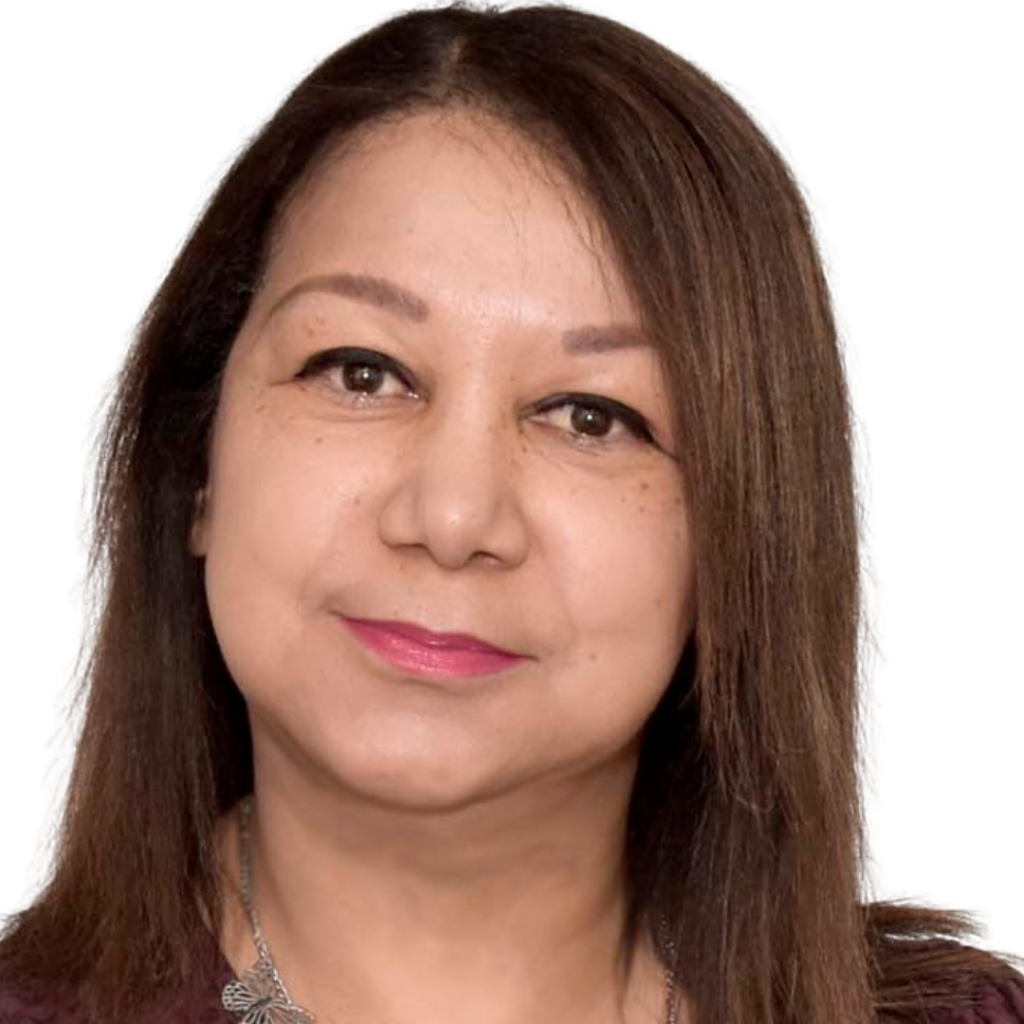
Therapy is such a confidential situation, so not everyone gets to hear about the great work that is done behind closed doors. So that’s why we have interviewed our therapists to feature the amazing work they do and show a little about the people behind the job titles. In this interview we are featuring our Psychotherapist Pamela Daniels. Here’s what she had to say:
Could you briefly tell me about yourself?
“Although I am based in Leicester now, I was born in Liverpool. I studied for my first degree there and my first ‘proper job’ after that was working for the local free newspaper. After many years working in newspapers I moved into the NHS and the world of mental health provision, which is where I became inspired to train as a Psychotherapist. During my training, I worked for a charity supporting people affected by cancer and I also had a wonderful training experience here at Rutland House.”
Why did you choose your career path?
“I feel as if it psychotherapy has chosen me in a way. There’s something about helping people discover their own truth. Counselling and psychotherapy are perhaps a bit like journalism, but it’s a unique way of seeking the truth. It’s about helping the client seek their truth their own way, with me as their guide.”
What do you like doing in your free time?
“I enjoy reading poetry – Carol Anne Duffy and Peter Walton are among my favourites – especially Peter’s poem ‘Grasses’ which has a line which goes something like: “Grasses are like people: trampled; beautiful.” That really resonates with me.
I also have four cats, and I enjoy caring for and playing with them! I like working on my garden and then sitting back and relaxing in it, appreciating the natural miracles that are there. I never use weedkillers and I’m relaxed about slugs; I reckon they’re pretty helpless and harmless.
If someone walks up to you in the street and asks for some advice on mental health, and you have about 1 minute to spare, what would you say?
It depends which aspect of mental health, which is a massive, massive subject. If they were asking about accessing psychotherapy or counselling, in 1 minute, I would say to them: ‘Please make sure that the potential therapists you approach are qualified, please make sure that they area part of a professional body, for example UKCP, or BACP. Do make sure that you are also comfortable with that person. Trust your gut feeling. Don’t’ be afraid to shop around before deciding.”
What is the objective of a psychotherapy session in your opinion?
“In my opinion, the objective of a psychotherapy session is to provide a safe and confidential space where a client can express all aspects of themselves without the fear of being judged or shamed. It is where a client can take the risk of being vulnerable in a way that they can’t in everyday life. I regard each psychotherapy session as another stepping-stone for the client along the way towards autonomy. Ultimately, my role is to make myself redundant in the sense that the client does not need me anymore. The objective is to build up the client so that they can leave the therapy and get on living their lives in a more fulfilling and happier way.”
When do you think someone should consider psychotherapy?
“I believe that we all have an inner wise part that alerts us to when there’s something not right with our lives, relationships or our way of being; that on some level we know when there’s something us keeping us from really living the best we can but we either just can’t define what that something is or are too afraid of the consequences to acknowledge it. In that situation, sitting down with a trained professional and working things through can help us make sense of the confusion, pain and fear.
How has the industry changed since you started?
“The biggest change has been the move to remote and telephone psychotherapy, which was really necessitated by the Covid-19 pandemic. There are pros and cons to this, of course – but it is possible to deliver really effective therapy via remote means. In my experience, it has made therapy easier to access for people with compromised health or with mobility issues, as well as for those clients who simply want to receive therapy in the familiar surroundings of their own homes. The great thing is that it offers clients more choice and there is scope to offer a blend of remote and in-person therapy if that is something that would benefit the client.
As a therapist, how do you manage to be emotionally available to your clients?
“There is a saying in the counselling world that therapists can only travel as far with their clients as they themselves have been: my life experiences have equipped me superbly to sit with my clients in their pain and to offer compassion, validation and acceptance. A robust and challenging clinical training as well as mandatory personal therapy, gave me an insight into therapy from the client’s point of view. I also make full use of clinical supervision. Apart from all that, I make sure that have downtime and do things I enjoy so that I remain refreshed and ready to work hard for my clients.
What do you like about your job?
I like seeing clients become more themselves over the course of our work together – and hearing about how their relationships with themselves and others have changed for the better. The very, very best part for me is actually the end, when the client doesn’t need my support anymore. It’s like the client has been ‘cycling with stabilisers on’ and then the point comes where they are ready and able to ride off on their own, pedaling away into the sunset, intent on their future direction and not giving me a backward glance. That feeling of helping people set themselves free is wonderful. I love it.




